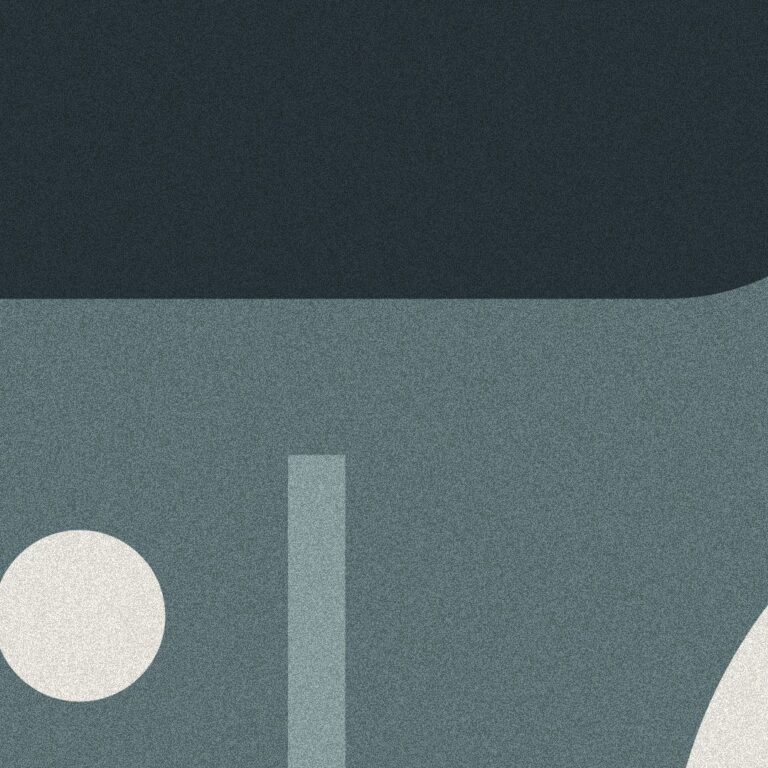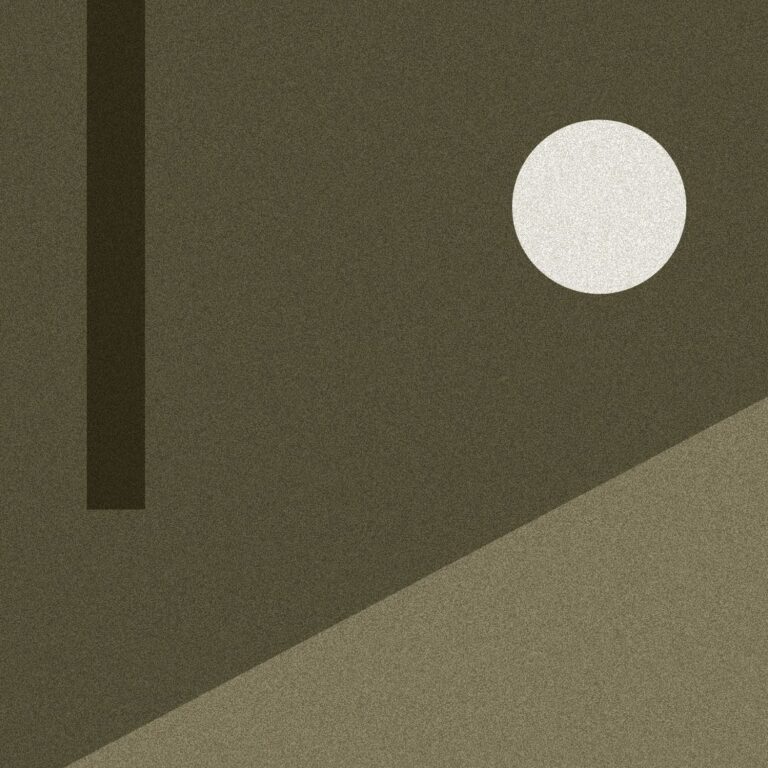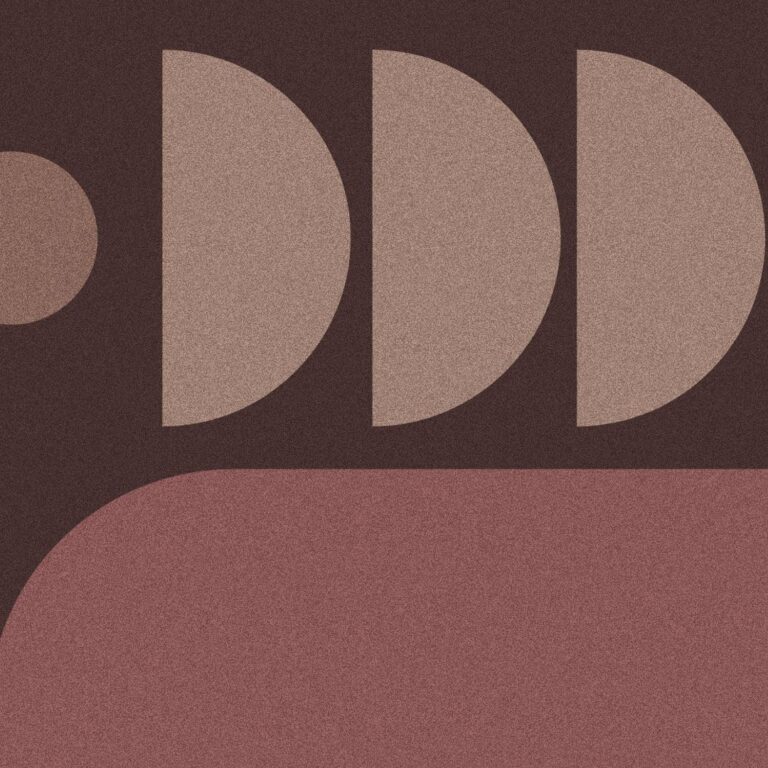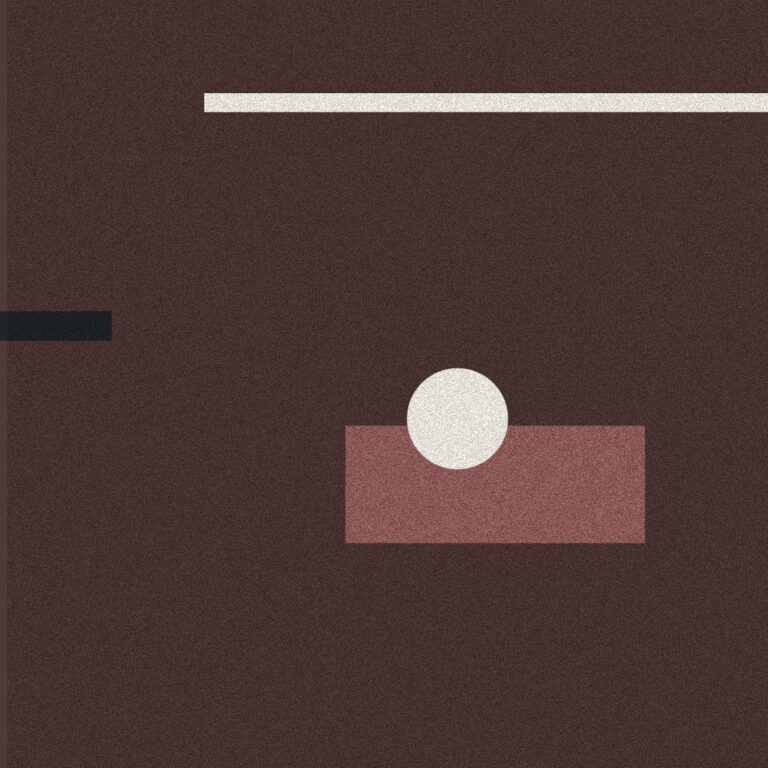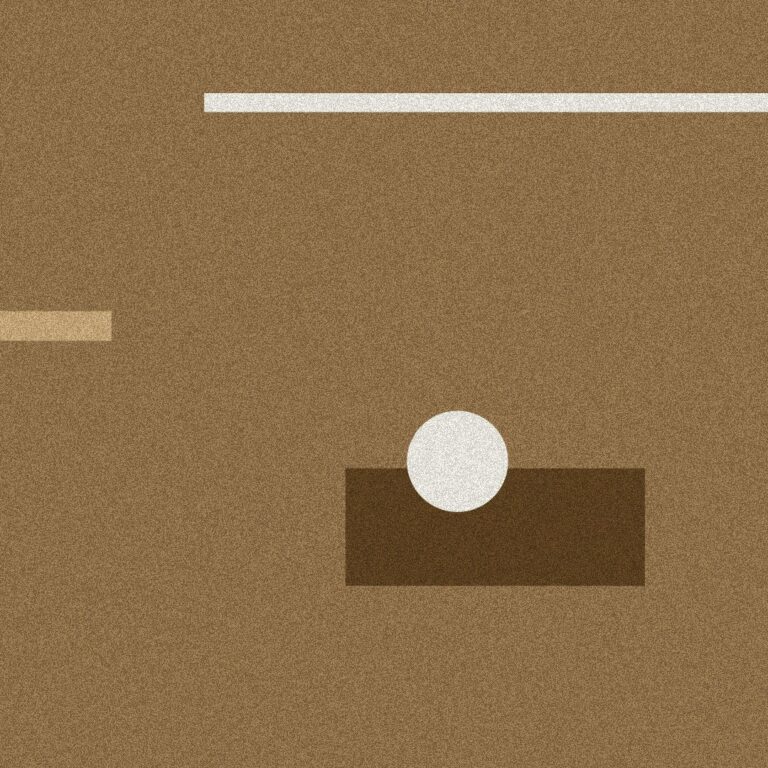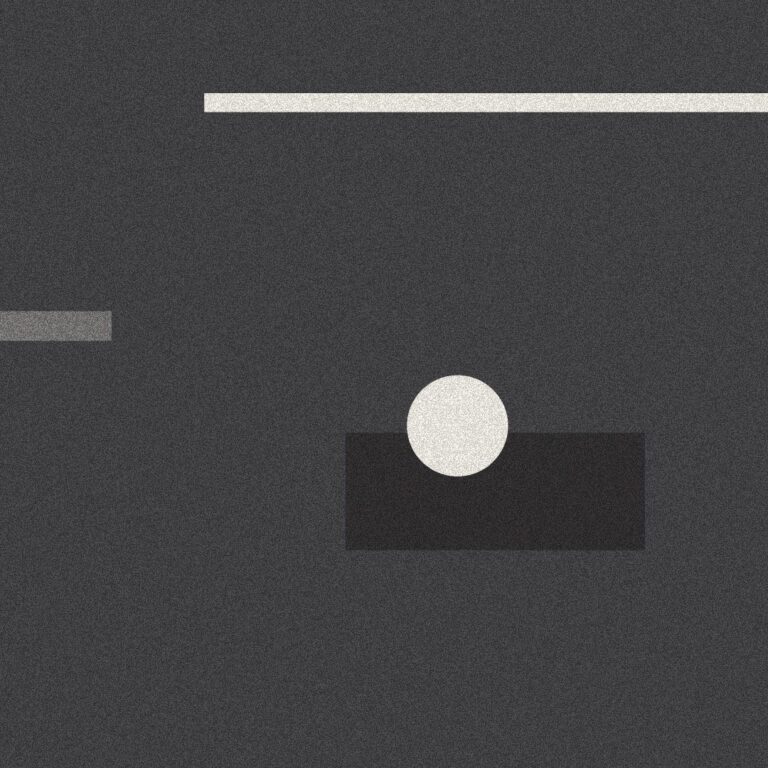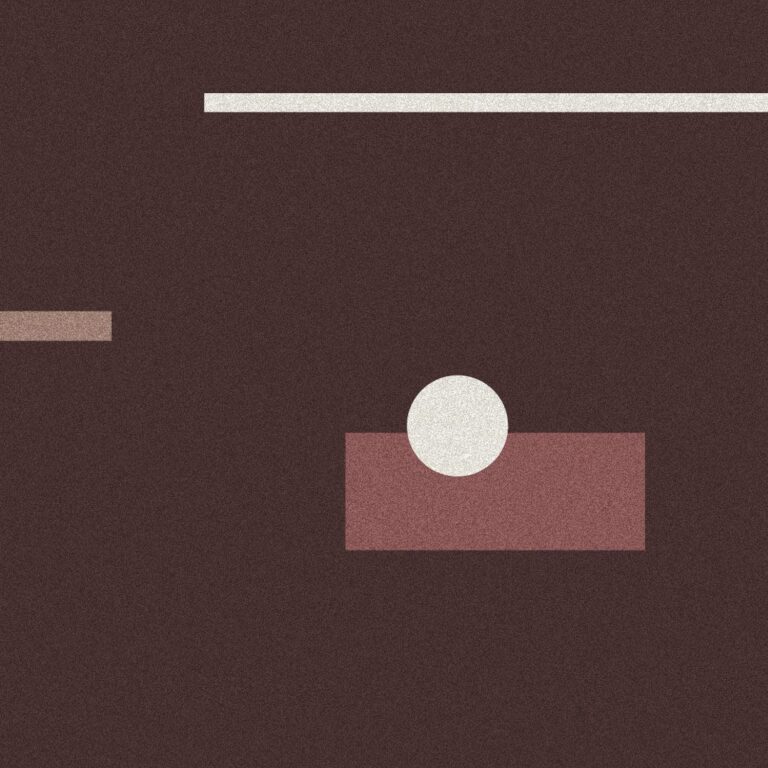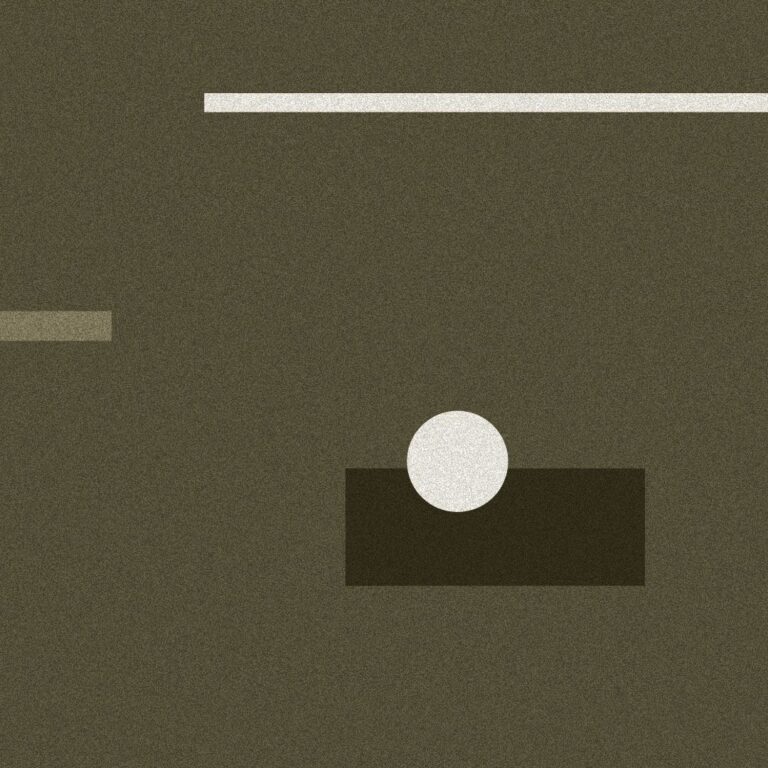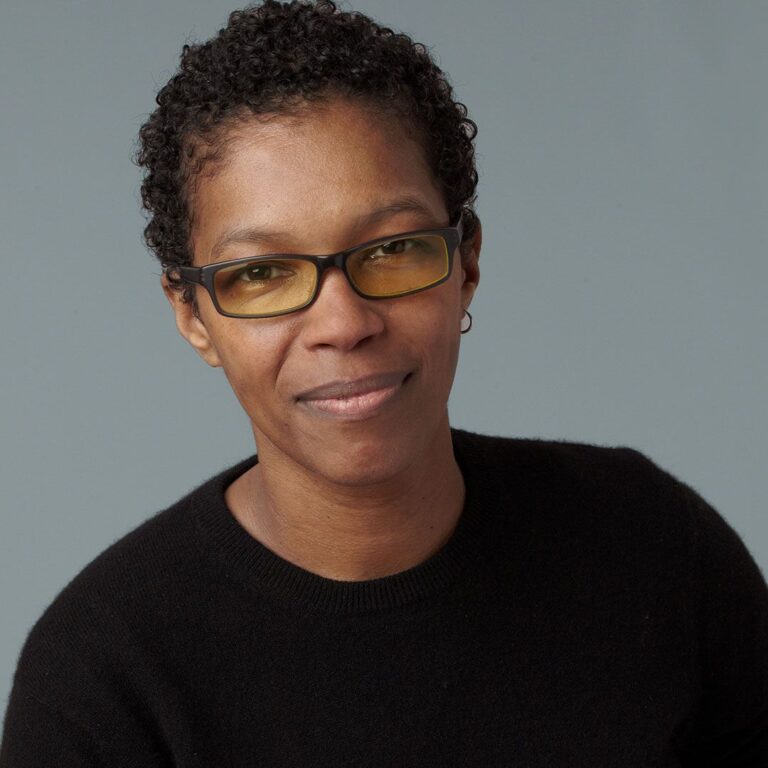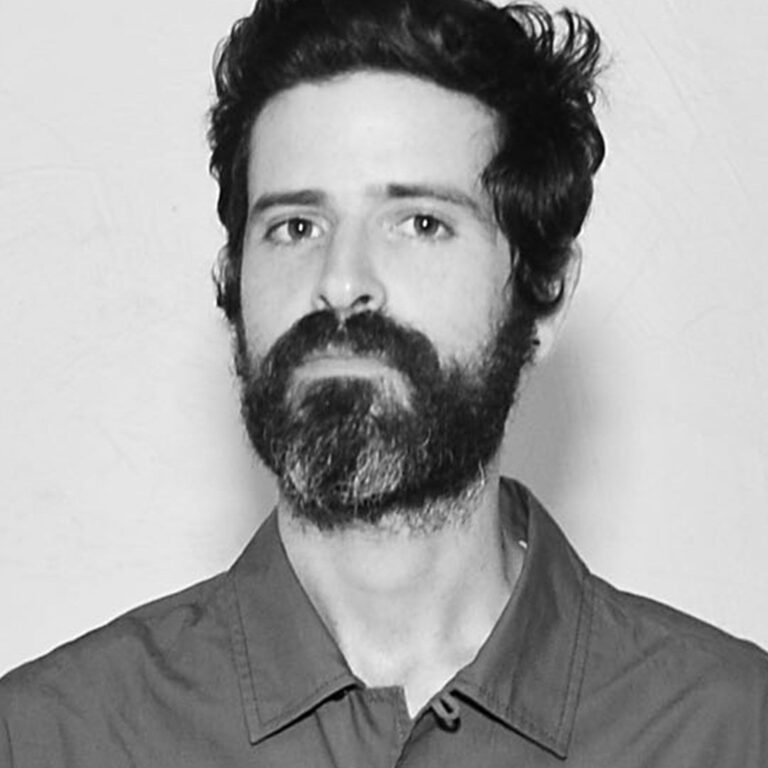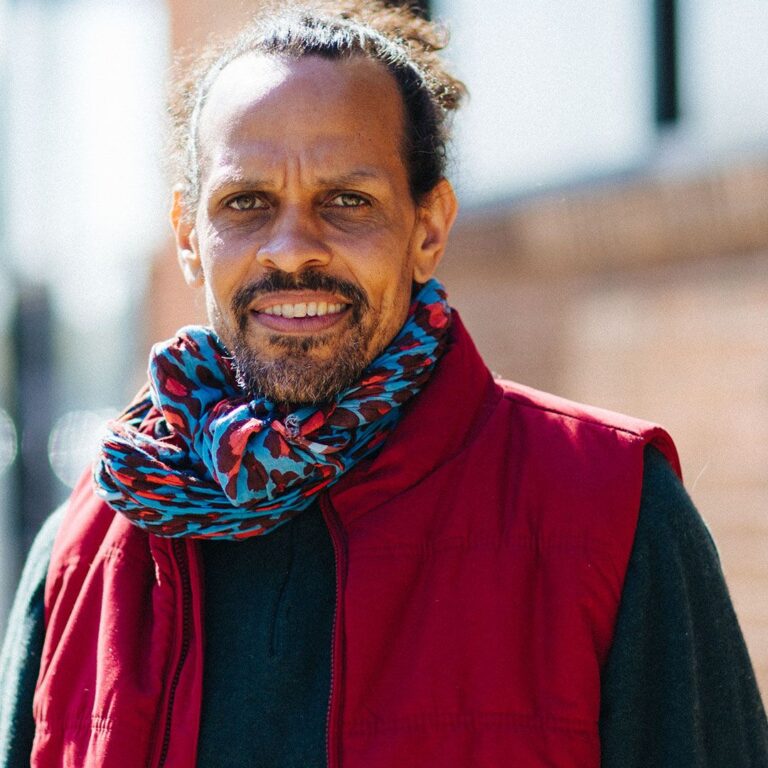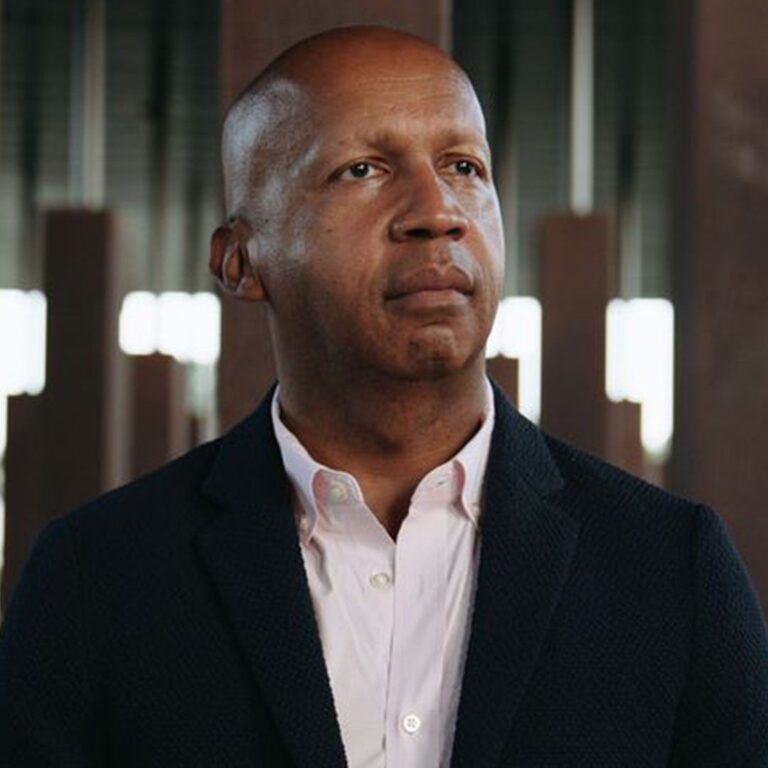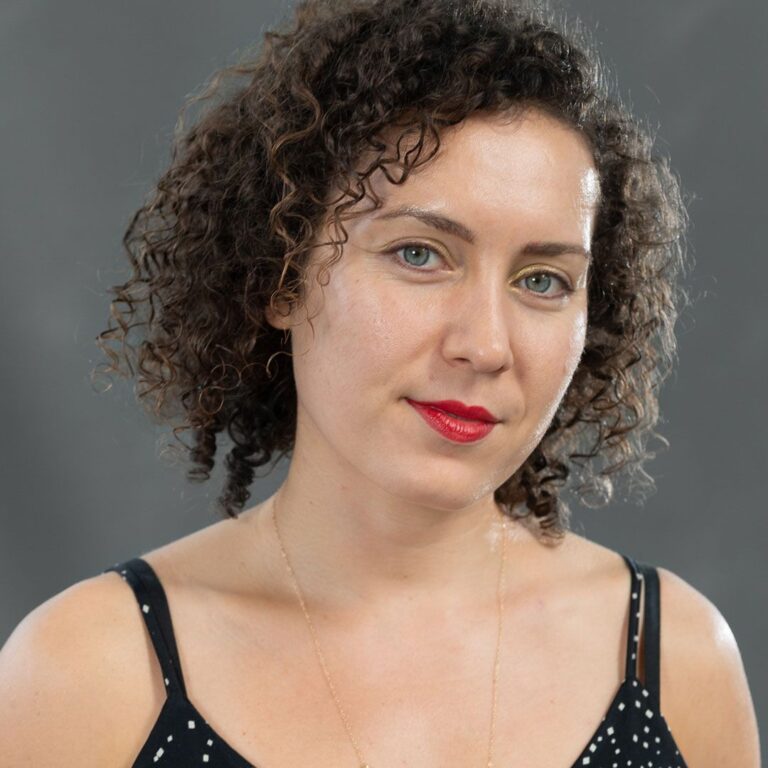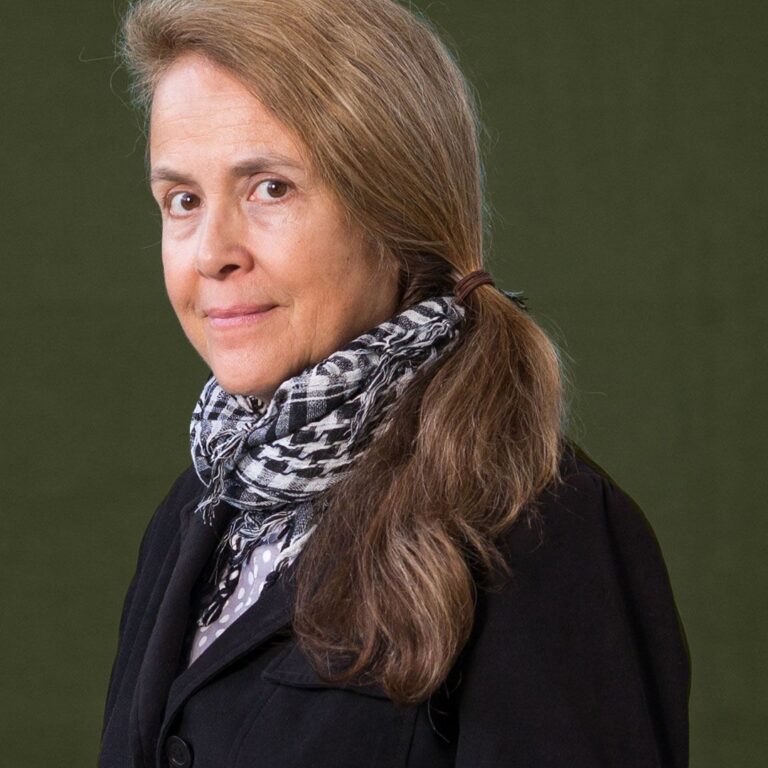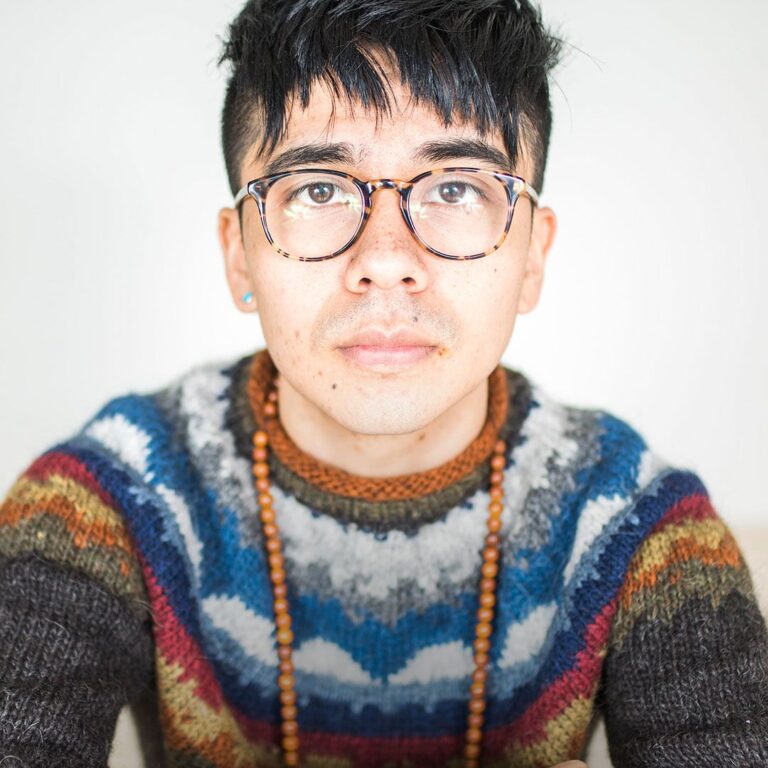“Our teachers are really the people, the situations that … incite a sense of discomfort, dis-ease, awkwardness in us. … We’re evolving into a greater and greater sense of what it means to be fully human … completely in the truth of the human experience and all of its complexities.”
Question to Live
How is just being alive now calling to struggle that is an invitation to new life? |
| Integration Step
Pause amidst the overwhelm. When you’re in a challenging experience, ask what it is making available to you rather than how it is limiting you. |
| Heart of the Matter
The invitation here, at a very elemental level, is to take in the magnitude — the peril and the promise — of being alive at this moment in time. The invitation is to make a shift when we can — when we can get out from under a sense of overwhelm — to ask what the incredible fullness and gravity of now is making more available to us, rather than how it is limiting and uncomfortable. |


